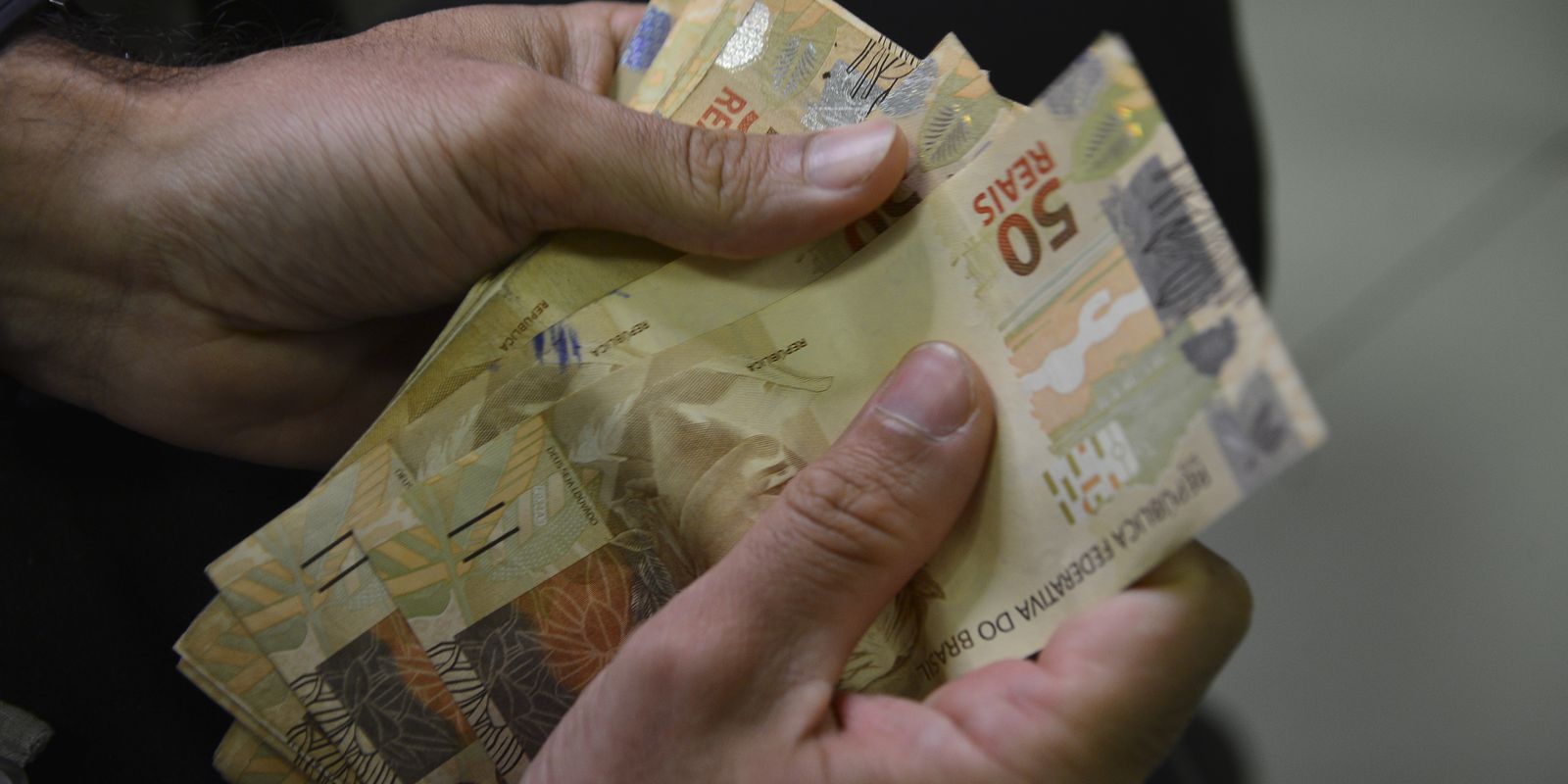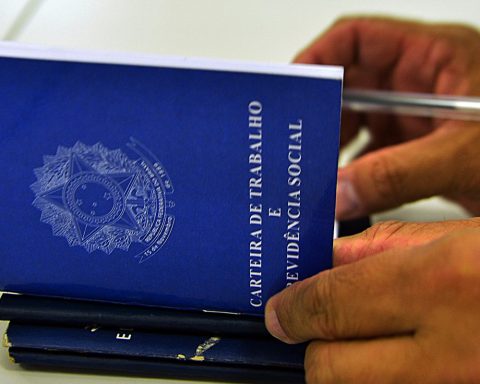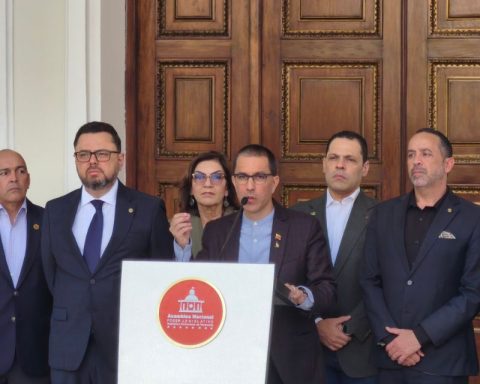The Consumer Confidence Index (ICC) dropped 2.2 points in January and reached 85.8 points. In quarterly moving averages, for the second consecutive month, the indicator dropped by 0.9 points, to 86.4 points. The result was disclosed today (25) by the Brazilian Institute of Economics of the Getulio Vargas Foundation (FGV/Ibre), which calculates the indicator.
According to Ibre, the worsening of expectations in relation to the coming months contributed to the retraction of the ICC in January. While the Current Situation Index (ISA) remained relatively stable for the second consecutive month, changing 0.2 points to 71.1 points, the Expectations Index (IE) fell 3.6 points to 96.7 points and resumed the level below neutrality.
At the same time that the ISA registered among its items a worsening of families’ satisfaction with the economic situation, it pointed to an improvement in the evaluations of personal finances. The indicator that measures satisfaction with the financial situation of families grew by 0.8 points, reaching 64.4 points, but the indicator relating to assessments of the economic situation dropped by 0.5 points, dropping to 78.3 points. As a result, it presented the worst result since July 2022, when it reached 77.9 points.
In the ICC, the item that most influenced the fall in the month was the one that measures the perspective on the financial situation of families in the next six months. This indicator retreated 7.6 points and reached 97.4 points. Others that retreated were the indicators that measure the degree of optimism with the general economic situation and the intention to purchase durable goods. The first, with a fall of 1.7, and the second, of 1.2 points, increased to 113.4 and 79.6 points respectively.
The analysis by income range showed that consumers with lower purchasing power are more optimistic for the second consecutive month, while those with higher levels continue with falling expectations for the fourth consecutive month.
For the coordinator of the Surveys, Viviane Seda Bittencourt, the year 2023 begins with a new drop in consumer confidence, and the result reflects pessimism in relation to the coming months, despite the fact that families with lower purchasing power still remain optimistic.
“The perception of the current situation does not change much in relation to previous months, that is, there is a slowdown in the job market, indebtedness and high interest rates that continue to reduce purchase intentions in the coming months. There is an equalization of the confidence level between income groups, but that does not mean a favorable result, since all of them remain around 80 points, a low level in historical terms”, he observed.
















